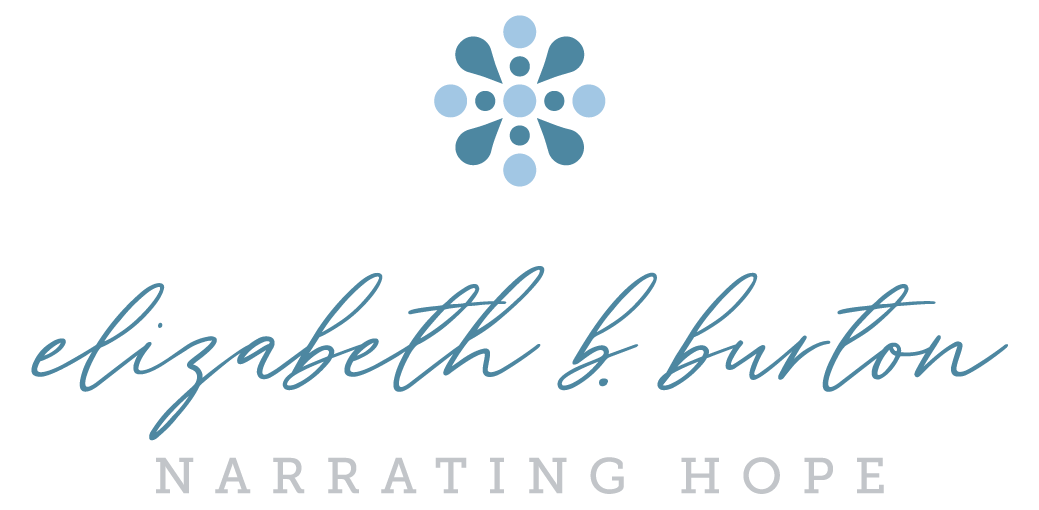Talking to Children about Hard Things: Children's Literature May Provide the Support You Need
Overwhelmed. Uncertain. Afraid. Frozen. Avoidant. Anxious. Many of us—at one time or another—can perhaps relate to these descriptors when it comes to talking to children about hard things. And while there are certainly times professional counseling may benefit children, it does not mean that only a counselor can speak into emotional or uncomfortable territory.
Being with children is a GIFT. Whether you are a parent, grandparent, aunt/uncle, friend, teacher, counselor, social worker, librarian, pastor, nurse, doctor, etc., most likely you have an opportunity to speak into the lives of children. And this involves sometimes talking about things that involve hard emotions and make us uncomfortable.
The privilege of speaking into the lives of children is not to be taken lightly. Our voice matters. We can speak affirmation, worth, value, acceptance, kindness, and love. We can encourage growth, grit, and the development of coping skills. We can speak truth.
Or we can speak another message to the children in our lives. Examples:
“Your feelings are not acceptable.”
“Your feelings are a sign of weakness.”
“We do not talk about uncomfortable emotions/grief in our family/school.”
“Because you’re a child, your emotions (fear, grief, anxiety) are not significant.”
“You are not allowed to talk to anyone about the hard thing you are going through.”
So many times the idea of talking openly about emotions and hard things is intimidating. We are not sure how to bring up the hardest of subjects with our kids--grief and loss, the cancer diagnosis, abuse, boundaries for their bodies, divorce, the prior marriage, adoption, the family secret that no one is allowed to talk about, etc.
Developmentally, what we need to talk about and how we need to talk about things changes as our children grow up. Yet, even for young children, touching on subjects in an honest and gentle way sets the stage for more detailed conversations as your child grows.
In many ways it is much less about having the perfectly prepared and crafted conversation for kids, but simply opening the door for the conversation at all. Parents, especially, need not think that they are not equipped to talk about hard things.
In fact, many times having the conversations at home is the best place to start, so that your child knows that you are available and open to journey with them through their emotional journey--whatever the emotion. This may mean talking some at home and then seeking additional counseling support for your child if whatever is going on is affecting your child’s functioning.
Children’s books are a valuable resource and a tool for planting the seeds for these conversations. Simply by sitting down and reading a book with a child about various topics can let that child know that you care and that you are available to talk if need be. It also helps grow your own comfort level with talking about emotions and hard things, so that you are ready when the conversations do come up.
These last few months I have so enjoyed beginning to compile a collection of recommended children’s books that help instill values in children and to open the door to talk about emotions and various topics that may need talking about.
I hope that some of these stories may be a gift to you and the children in your life. A powerful story is something that we can carry with us forever. These kinds of stories not only enrich a child’s learning through literature, but also help build emotional intelligence, both for the children and many times also for the adult reading the book.
I look forward to adding more to the collection, but at this point here are some links highlighting recommendations. If you have a book that you think I should check out, feel free to reach out, so that this compiled collection may be a support to even more children.
Many of these books may be read to children at home, at school (think: character education and social and emotional learning), and in the counselor’s or other helping professional’s office.
Elizabeth B. Burton is a licensed professional counselor and life coach with Burton Counseling, PLLC. Elizabeth lives just outside of Chattanooga, TN.; you can learn about Elizabeth here and about services provided here. Elizabeth also provides support to individuals and groups through an online course on Coping with Anxiety & Stress and through providing workshops and speaking opportunities. Elizabeth communicates about mental health and well-being through both the Narrating Hope newsletter and podcast as well as through her writing. Elizabeth would love to connect with you and welcomes you to sign up for the newsletter, listen in to the podcast, reach out about working together, and connect on social media.

